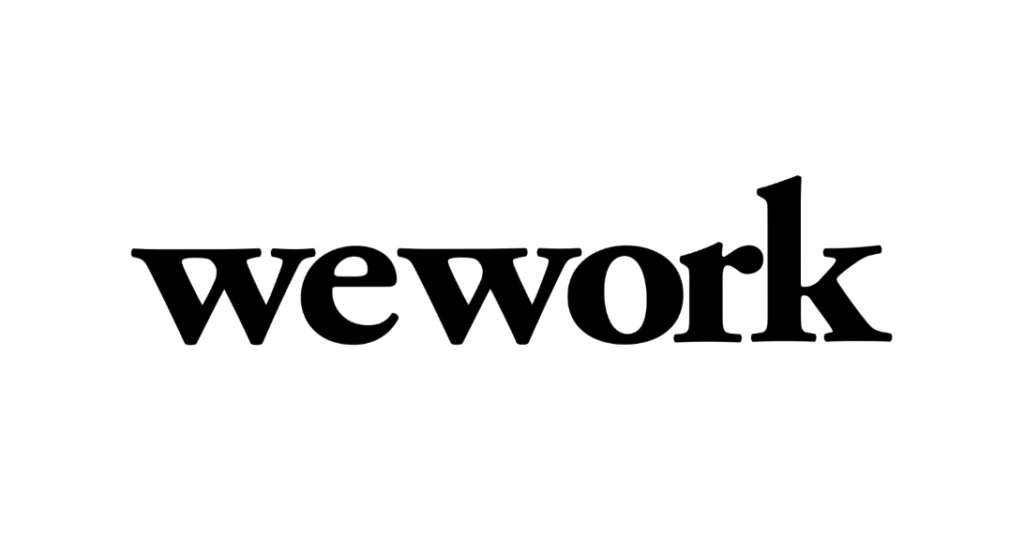
Every once in a while, a great business story captures the attention of millions. A game-changing iPhone made Apple the talk of the nation. Netflix surprised and delighted millions with the simplicity of its business model and sheer disruptive nature.
Recently, the media has been buzzing about WeWork and its CEO and co-founder, Adam Neuman. WeWork was preparing to sell shares through an initial public offering (IPO) in August of 2019. An enigmatic leader, Neuman had built a global coworking real estate company.
The company was said to be “worth” up to $95 billion dollars according to a Wall Street investment bank. It had already received funding valuing the company at an astounding $47 billion dollars. However, just as fast as it pushed its prospectus into the hands of tepid investors, the company started to unravel.
In a sudden change of sentiment, investors were only willing to value the company as high as $10 billion, despite the prior $47 billion valuation. Within weeks, the founder and CEO lost his job at the helm of the company he built as a result of the chaos and turmoil this botched deal created.
As this company tiptoes around bankruptcy, there are lessons we can learn from this.
1. Revenue growth doesn’t mean much
The obsession with growth drives the markets. Revenue growth, or how much money a business collects from its clients, is more proof of concept. The fact that someone will pay for your product means they value it.
But when only revenue matters, expenses don’t matter. When expenses don’t matter, profit doesn’t matter. When profit doesn’t matter, the company starts to look like a non-profit; lots of vision but no intention of earning money.
While revenue growth is sexy, it doesn’t pay the bills. Cash pays the bills and that requires profit.
Focus on your profit and cash flow growth rather than revenue growth.
2. The number of votes a founder has doesn’t matter if the company still needs outside money.
WeWork massively screwed up on governance. The company lent hundreds of millions of dollars to its CEO personally. It leased real estate owned personally by the CEO and the wife of the founder was slated to hand select her husband’s successor should anything happen to him. Add in spending billions with little to show for it and apparently it was an “anything goes” company.
He probably felt entitled to a complete lack of accountability considering the voting rights for his shares. His class of shares counted for 20 times the votes of average shares meaning he could easily outvote anyone else.
It’s easy to blame the board.
His board members didn’t mind while the share price was rising. In nine years he founded a company and took it to a suggested worth of almost $50 billion dollars!
Why would a board member care about his vote count with results like that?!
But when the company needed another infusion of cash from its lead investor, those votes didn’t go far. The lead investor evidently didn’t like where the company was headed. Someone actually convinced Adam to vote against himself as the CEO.
“He who has the gold makes the rules,” is the golden rule of business. Share counts and votes don’t matter if you are out of cash.
If you need someone else’s money to propel your business, be prepared to play by their rules.
3. Running out of cash will end your job.
As Adam learned in #2, when he was forced to vote against himself for the sake of the company, he lost his job as CEO. While he still has a minor role in the company, his life has experienced a major life change.
Running out of cash is the fastest way to lose your company.
Cash flow is one of the most important metrics to watch and varies significantly from profitability. Ignore cash at great peril.

4. Don’t forget that you need to make money.
I don’t need to remind you of this. You’re not stupid. Profit is essential.
How do smart people forget this?
Revenue growth is exciting as a proof of concept, but a company needs to turn the corner and earn money. You can’t forget this one basic fact. Failure to earn money will jeopardize the future.
Focus on profit if you want to stay in business for the long term.
5. Self-dealing reduces trust in you and your company’s governance.
Your company isn’t looking to go public. You’ve never taken the financial liberty that Mr. Neumann did by personally borrowing hundreds of millions of dollars (of venture backed money) from his company.
Eventually, when you are interested in making an exit, every inconsistency will be exposed for all to see.
Mixing personal and professional expenses, not documenting contracts or neglecting regular and consistent shareholders meetings will reduce the trust you receive when you look to exit. Keep things clean and well documented to receive the highest value for your company.
Self-dealing reduces trust in the integrity of the business.
6. The market will value you as they see you, not how you say you should be valued.
I will admit, when I first heard about WeWork, I couldn’t figure out what it was. My confusion was primarily how a co-working space in the real estate was valued as a tech company.
It is not the only company, or the largest, in this space. Some estimates say WeWork was valued at 20 times its real estate competitors!
No matter how many times you say it, sometimes people just don’t believe it. When the IPO prospectus was sent in anticipation of the deal, potential investors valued the company close to $10 billion, nowhere near enough to raise the required funds. They have since scrapped the IPO.
Your company has a market value. Sure, your company is distinct, but it is not too different from other companies like yours. Know the correct market when valuing your company.
While it is tempting to value your company where you’d like it to be, the market sets the price of the company.
7. People see through the hype eventually.
Whether WeWork files for bankruptcy or not is to be determined. We do know the founder lost his job. Twenty of his top employees lost theirs too. Large layoffs loom and the free-spending days are done.
As good as the public relations spin cycle is, people will eventually see through the hype. If your business doesn’t work, the music will eventually stop.
WeWork is an exciting company founded by a visionary leader. Despite the great vision and drive, there are potentially fatal errors that threaten its existence.
Managing a growing organization is hard work.
Managing the roles of marketing, production, finance and communications is an art form at which some people seem to naturally excel.
Wherever your strongest skills are in managing your company, there are lessons to be learned from WeWork. This case can serve as a reminder of how difficult it is to scale a company.
Which of these seven lessons was the most critical to the demise of the IPO?
